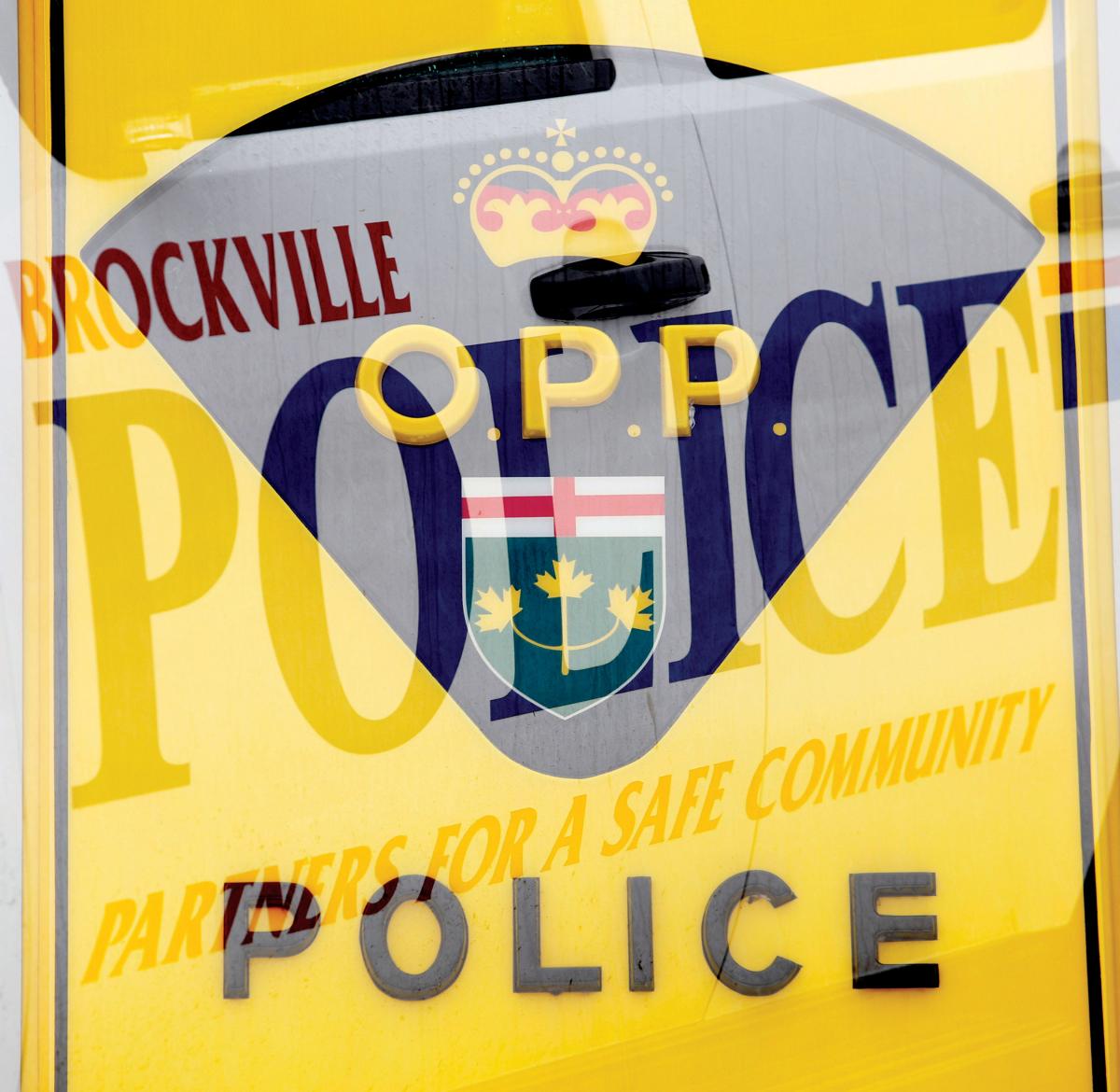
Councillor Jason Baker’s takeaway from Monday’s OPP contact committee meeting, in which it was confirmed there will be no talk of a standalone city detachment, is that the OPP cannot provide the level of service city police currently do at the current cost.
OPP officials question that assessment, even if they don’t say so head-on, but it’s the result that counts.
And another quote by the councillor, not included in our story today, outlines in stark terms what the result means for our ongoing Ontario Provincial Police costing.
“Now you take a look at whether or not there’s an appetite for changing the way we police Brockville,” said Baker.
In other words, the choice, once the OPP proposal arrives, will necessarily be between a city that is policed strictly within its own borders by officers assigned to remain within those borders, or a city that is one zone within a larger area.
Under the OPP, there will always be cops in Brockville, but they will be Leeds detachment cops. Rural cops will sometimes patrol our streets, while our municipal cops will sometimes patrol rural areas.
From a policing quality perspective, of course, this shouldn’t make any difference. Police officers police, and after some training to familiarize each side with the other’s particularities, there should, theoretically, be a uniformity of quality throughout the region.
In fact, one can see why an integrated detachment makes the most sense if one is approaching policing from the OPP’s perspective.
A switch to the OPP might make a difference in which services are provided and which are not, if the OPP contract comes back with options that differ from ours. The provincial force’s concept of community policing, for instance, might not resemble what we have come to know in Brockville.
And it will definitely make a difference in how the policing is managed – and how many civilian staffers are needed.
These are the kinds of things we won’t fully know until the proposal is in.
But Baker is really pointing to a much bigger change.
Supporters of the Brockville Police Service often point to its 184 years of proud service to the community.
History is a part of identity; and the city police force, for many, represents a part of Brockville’s identity.
Dollars and cents will drive the eventual choice of policing options, but one cannot deny less quantifiable matters of identity will be tied up in that choice as well.
Baker pressed often, albeit to no avail, for the OPP officials to include a standalone model – asking the provincial force why it wouldn’t offer the option if the city was willing to pay more for it.
That repeated line of questioning suggest Brockville-centred policing is more important to Brockvillians than, say, Brockville-centred economic development.
Whether it’s a large part of its identity or a relatively small one, Brockville has always conceived of itself as a small city that is still big enough to police itself – to control its own cops.
That last bit is problematic, of course, given the host of provincial guidelines and restrictions that govern police services.
Still, at some level, the choice before us now will be whether we consider ourselves self-policed, or a part of a broader community.
If that Brockville badge turns out to be a part of the city’s identity, how much will the city have to be offered in savings before it can be swayed to change it to a Leeds badge?